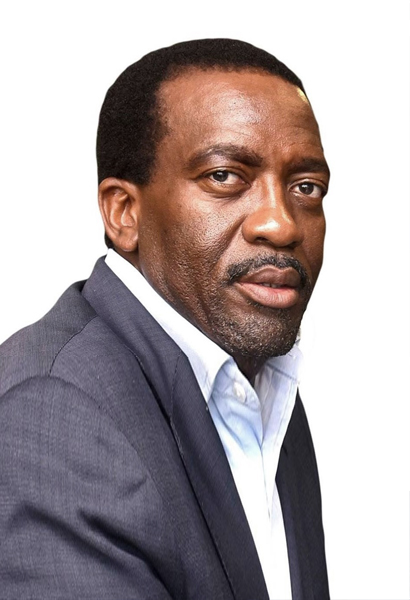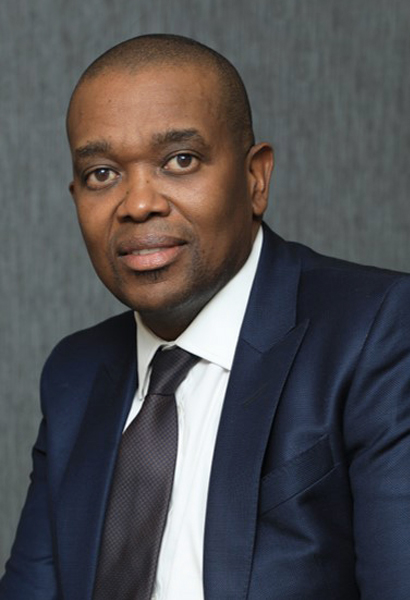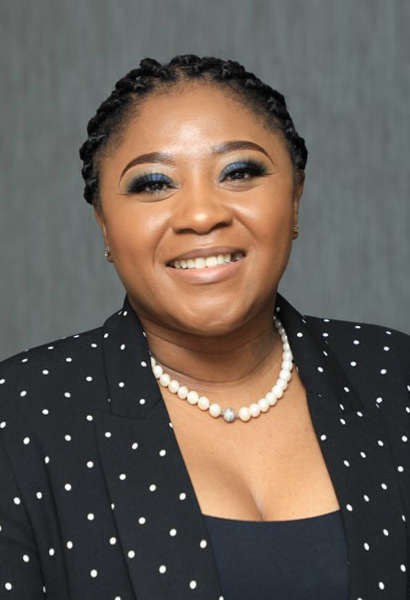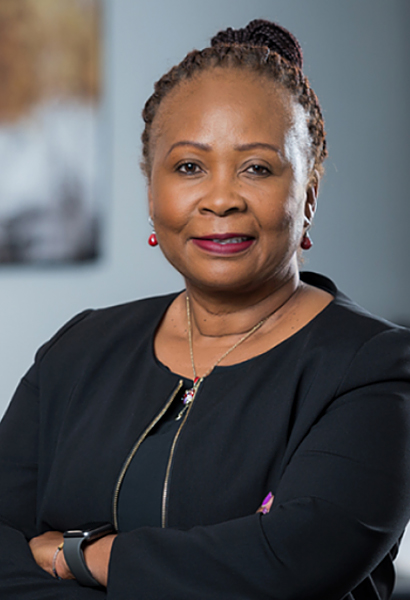Access to reliable, safe, and fresh water is an essential need for all South Africans. The release this week of the 2023 Blue Drop, No Drop, and Green Drop Progress Report, which measures the quality and availability of water and sanitation systems across 958 water supply systems across the country, reinforces our long-held view that South Africa’s water crisis is here.
Only 26 (less than 3%) of the 958 systems tested across all municipalities achieved Blue Drop certification from the Department of Water and Sanitation (“DWS”). The Blue Drop audit assesses the delivery, treatment, and distribution networks to the end user. In essence, the Department assesses the quality of the water in our taps.
The graph below illustrates the count of Water Services Authorities (WSAs) and supply systems audited per province during the Blue Drop assessments conducted from 2022 to 2023.

Source: Blue Drop 2021 PAT Report, Chapter 2, Figure 2
The No Drop report, which measures key indicators such as non-revenue water or water unaccounted for in each network, is equally alarming. Nationally, 47% of municipal drinking water is now regarded as non-revenue water (“NRW”). Water lost due to leakage, theft, illegal connections, municipal incapacity, etc.
This compares poorly against the international average of 30%. KwaZulu-Natal, Free State, and Limpopo sit on top of the water loss league table with a staggering 60.5%, 59.5%, and 58% water losses, respectively.
Consider this in the context of South Africa being ranked the 30th driest country in the world, and 277 (29%) of the 958 water supply systems in the country were identified as being in a critical state requiring significant intervention.
57% of municipalities do not notify water users in the event of water quality being compromised or not monitored, validating the low confidence of water users in the quality of water in their taps often expressed on social media.
Positive signs
The good news is that tap water in our larger cities is still safe to drink. Reviving these reports and the 100% response rate is in itself a positive sign. It allows the department to recognise and reward excellent performance and identify areas where interventions are required.
The DWS, in collaboration with other departments, has, for example, dispatched teams to the 30 worst-performing municipalities to provide additional support.
The DWS has established a Water Partnership Office in the Development Bank of South Africa, which seeks to accelerate water and sanitation infrastructure delivery across South Africa with the DBSA as the mandated implementing partner.

The performance of water assets in the Mergence portfolio
We are pleased to report that both the Siza Water (KZN) and Silulumanzi (Mbombela) concessions, in which Mergence is the only institutional investor through our Infrastructure & Development Equity Fund, achieved the coveted Blue Drop award.
All five systems scored above 95% in their assessments. These 30-year concession arrangements were awarded in 1999 and continue to provide high-quality, safe drinking water to more than 500,000 customers daily.
Silulumanzi is the only provider in Mpumalanga to achieve Blue Drop status, while Siza Water was awarded the 3rd best water supply system in the country.
Our Market Snippets aim to provide concise insight into our investment research process. Each week, we highlight one chart that showcases our research, motivates our current positioning, or simply presents something interesting we’ve discovered in global financial markets.
For more of our current market views, please visit our website.






































